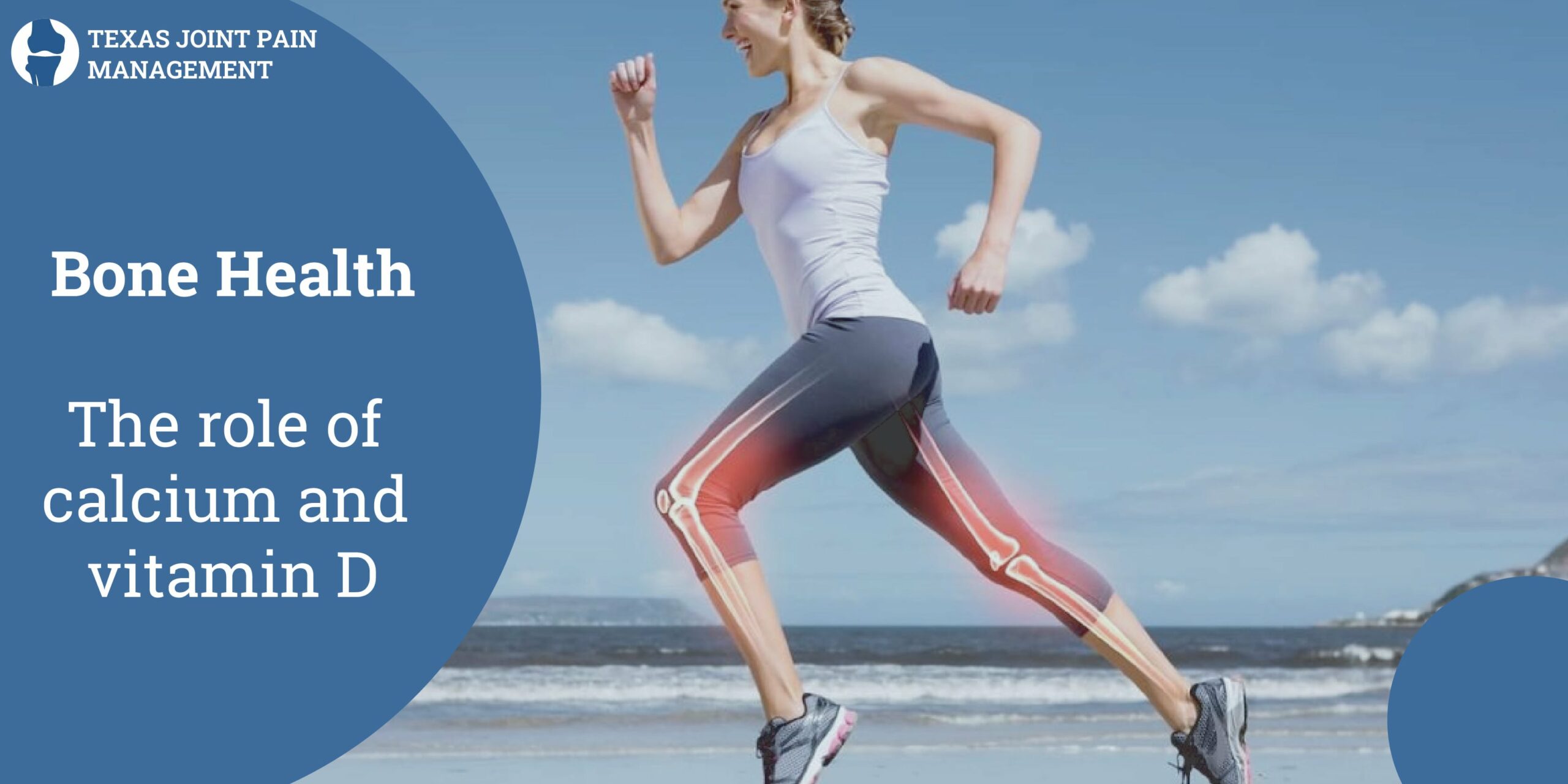Our bones are constantly rebuilding, growing, replacing, and repairing. From strengthening your bones to providing an all-around healthy lifestyle, both calcium and vitamin D play a crucial role in bone health. Ensuring you have an adequate intake of these two bone-boosters as part of a well-balanced diet and physical activity may reduce the risk of weak bones and improve your overall bone health.
Calcium and vitamin D work together to protect your bones. Calcium helps in building and maintaining bones, while vitamin D helps your body to effectively absorb calcium. So even if you’re taking enough calcium, it could all be going to waste if you have a deficiency in Vitamin D.
Calcium and Bones
Around 99% of the total calcium present in our body is stored in our bones and teeth. The rest is in our blood and body fluids and is vital for many of our bodily processes, such as the functioning of nerves and muscle tissue. If comes a circumstance where one lacks calcium intake in their diet, the body begins to take calcium directly from the bones, making them weaker and thereby resulting in problems such as joint pain, osteoporosis, arthritis, etc.
From birth to about 25 years of age, we build more bone than we lose. Our bones are not only getting bigger, but they are developing their density as we grow during this time. This determines how strong they are. But after age 20-25, bone density declines, so calcium is essential to maintain your bone density. Your body is unable to produce new calcium, so it is important that you consume calcium in your diet.
How much calcium? The recommended daily intake for calcium is 1,000 milligrams (mg) a day for adults up through age 50 and 1,200 mg a day for people ages 51 and older, when bone loss accelerates.
Good sources of calcium include:
- milk, cheese, and other dairy foods
- green leafy vegetables – such as curly kale, okra, and spinach
- soya drinks with added calcium
- bread and anything made with fortified flour
- fish such as sardines and pilchards
Vitamin D and Bones
Vitamin D – “The sunshine vitamin” is another key player when it comes to bone health. Sunlight is actually the main source of vitamin D for many people. Vitamin D decreases bone loss and lowers the risk of fracture, especially in older men and women. Normally made in the skin after exposure to sunlight, sometimes we might need to take supplements to compensate the lack of Vitamin D in our body.
It’s important to expose your hands, face and arms to the sun every day. It’s also important to be aware of exposing your skin to the sun safely. Who is most at risk of vitamin D deficiency?
- elderly people – who are housebound or in residential care
- people who wear concealing clothing for religious or cultural reasons
- people with certain health or medical conditions who need to avoid the sun
- people with dark skin
- people in occupations where they have limited incidental UV exposure throughout the day – such as taxi drivers, factory workers, office workers, and night-shift workers
- people with diseases that make it difficult to absorb enough vitamin D.
Good sources of Vitamin D include:
- Vitamin D-fortified milk
- Egg yolks
- Fatty fish
- Red meat
So, if you’re looking to build and maintain strong bones, you’ll want to ensure that your calcium and vitamin D intake levels are sufficient, as these two elements are dependent on each other for proper functioning in the body. However, if you think your joints hurt or your weak bones have given you an injury, we can help. Visit https://www.texasjointpain.com/.

